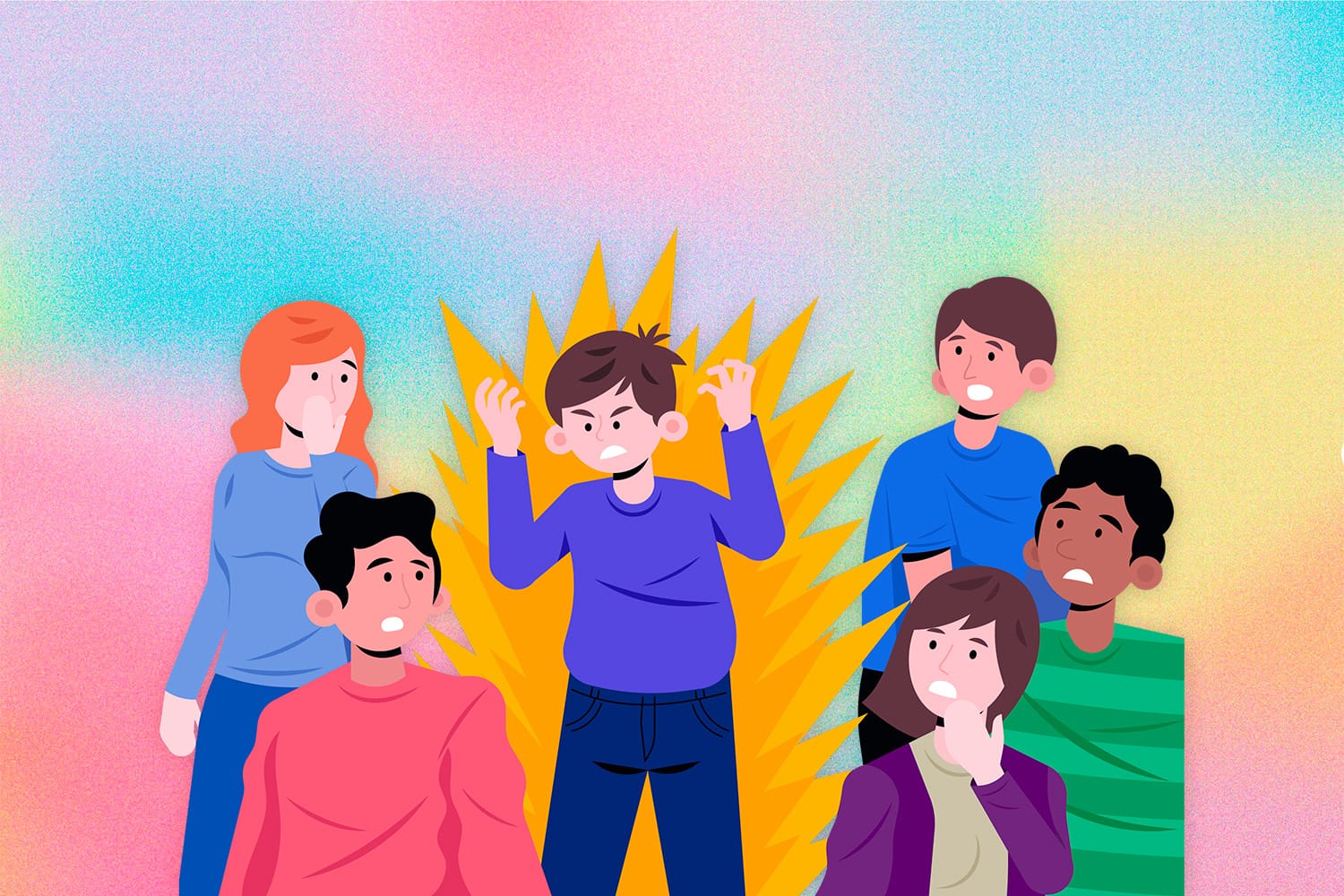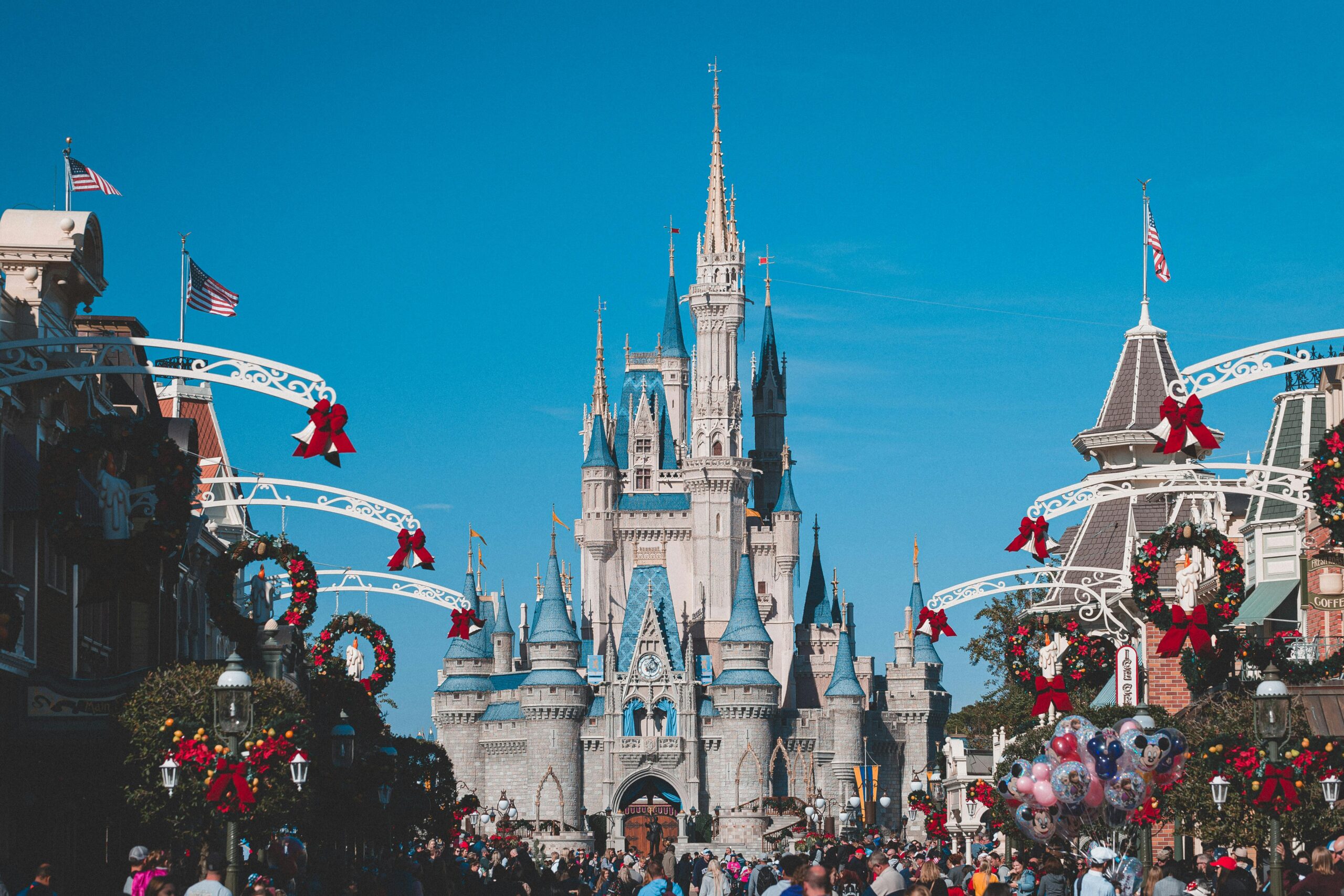- HUMOR
The 100 Very Best YO Daddy Jokes


Walt Disney World and Disneyland are known for creating immersive, magical experiences but behind the scenes, cast members speak an entirely different language. To preserve the illusion of perfection and avoid alarming guests, Disney parks use a system of code words and phrases to discreetly handle everything from vomiting visitors to unexpected wildlife.
This secret lingo helps cast members (that’s Disney-speak for employees) stay in character while managing emergencies, keeping the parks safe, clean, and efficient all without breaking the magic. Whether you’re a superfan or just curious, here are the most well-known Disney code words and what they really mean.
Originally created by Walmart, “Code Adam” alerts employees that a child has gone missing in the store. Doors are monitored, and staff discreetly search every aisle. Named after Adam Walsh, a young boy tragically abducted in 1981, this code is now used in malls, theme parks, and public buildings across North America.
When someone vomits in the park, cast members call it a “Code V.” The V, of course, stands for vomit. This keeps things professional and prevents guests nearby from getting even more queasy.
This code signals that a ride is temporarily out of service. Whether it’s for technical issues or cleaning, cast members will say a ride has gone “101” to indicate downtime without having to explain specifics to guests.
On the flip side, “Code 102” means the attraction is back up and running. You may hear this in radio chatter once maintenance is complete and guests can safely board again.
This gross-sounding term is another way to refer to bodily fluids, typically vomit. If someone has a messy accident, cast members may report a “protein spill” to custodial staff.
Need to deal with a bathroom issue? “Code P” usually refers to a restroom-related mess or situation that needs urgent cleanup, without letting everyone nearby know the unpleasant details.
This code refers to a “urine situation,” particularly involving children. Instead of making a fuss, cast members quietly call in a Code U to handle it with discretion.
Used at Disneyland (especially in outdoor areas), “Code H” originally stood for “horse manure” cleanup back when horses pulled trolleys through the park. It’s now often used for any animal-related mess.
This isn’t as suspicious as it sounds! It’s typically used when guests scatter cremated ashes often of loved ones especially near The Haunted Mansion or Pirates of the Caribbean. Yes, it happens more often than you’d think.
When someone needs emergency medical assistance, Disney cast members quietly call for an “Alpha Unit.” This is a code for the on-site medical team to respond without drawing attention.
This is Disney security’s code for lost children. When a child is separated from their group, cast members work together under this term to help reunite them quickly and safely.
A potential fire or fire alarm situation. Rather than shouting “fire,” which could trigger panic, cast members radio “Signal 25” to alert appropriate teams.
This is the name of Disney’s emergency services in Florida (now under state control as the Central Florida Tourism Oversight District). “Reedy Creek” units handle fire, medical, and law enforcement needs without alarming guests.
If you hear cast members mention “Code A,” they’re dealing with an aggressive guest. This could mean someone is being rude, belligerent, or even threatening toward staff or others.
This code is used in situations involving security concerns or suspicious packages. It prompts security teams to investigate quietly, often used when something seems “off.”
When a cast member says something isn’t “show quality,” it means it doesn’t meet Disney’s high cleanliness or presentation standards. It could be chipped paint, a damaged prop, or even a scuffed costume.
A medical emergency involving trauma, like a fall or injury. It differs from a general medical call like an Alpha Unit and may involve more immediate on-site response.
This poetic phrase isn’t a code for danger, it’s the final message played over the speakers in Magic Kingdom at closing time, thanking guests for visiting. It’s an insider term for the subtle farewell Disney gives after the fireworks end.
Although rarely used publicly, “Mayday” can be part of Disney cast radio chatter during serious emergencies like water rescues or ride malfunctions where urgent response is required.
Short for Electric Conveyance Vehicle, this term refers to motorized scooters or wheelchairs rented by guests. When a ride or area needs to accommodate ECVs, cast members use this code to coordinate accessibility.
Not a code word, but a practiced gesture. Cast members are trained to point with two fingers instead of one—it’s more polite and culturally respectful, especially for international guests.
Disney’s code words are more than just fun insider trivia they’re a practical way to keep guests safe, operations running smoothly, and the experience feeling magical. Behind every smiling cast member is a finely tuned communication system designed to manage thousands of visitors a day all without breaking the illusion of the Happiest Place on Earth.
So next time you’re at a Disney park and hear a “Code V” or notice a custodian being unusually quick to respond, you’ll know: it’s just the magic behind the magic at work.